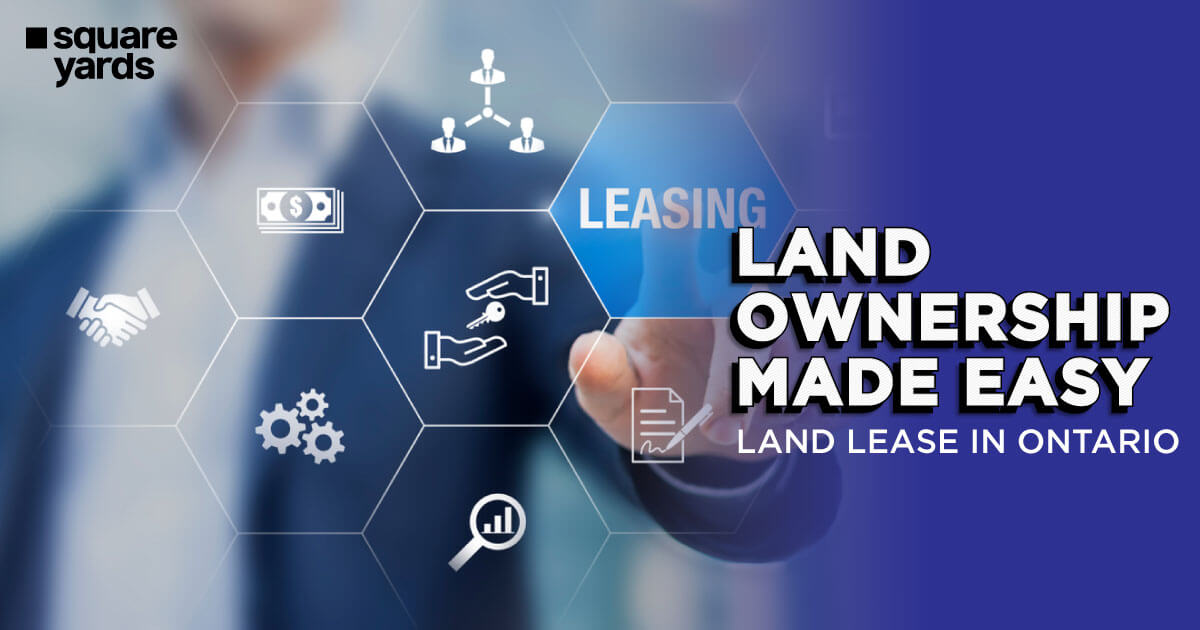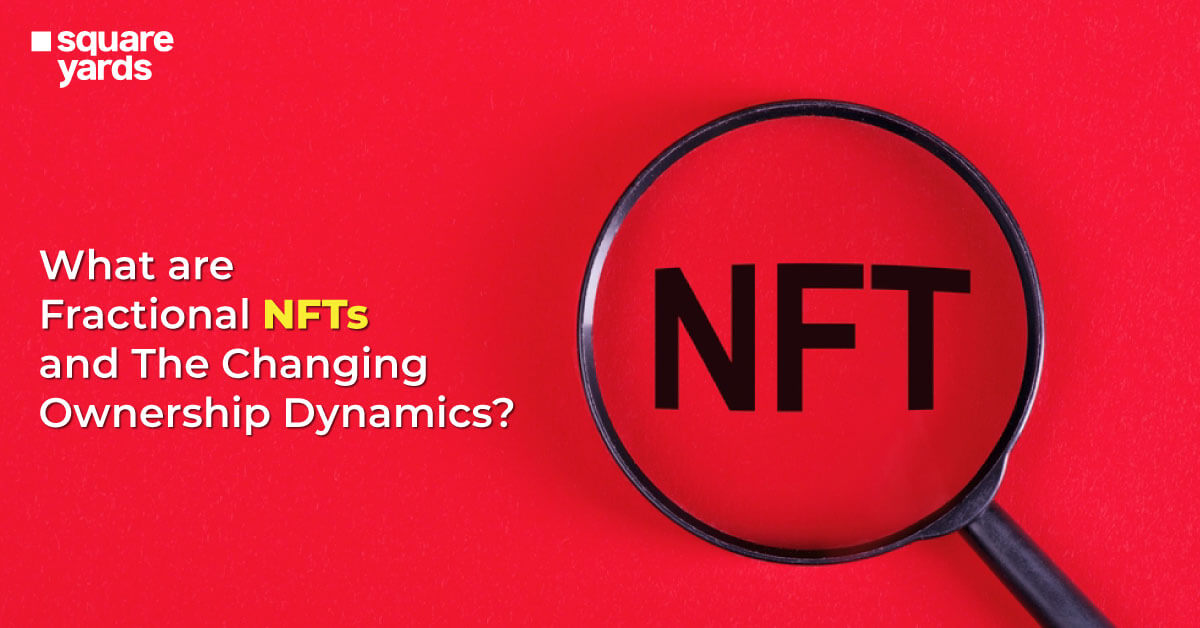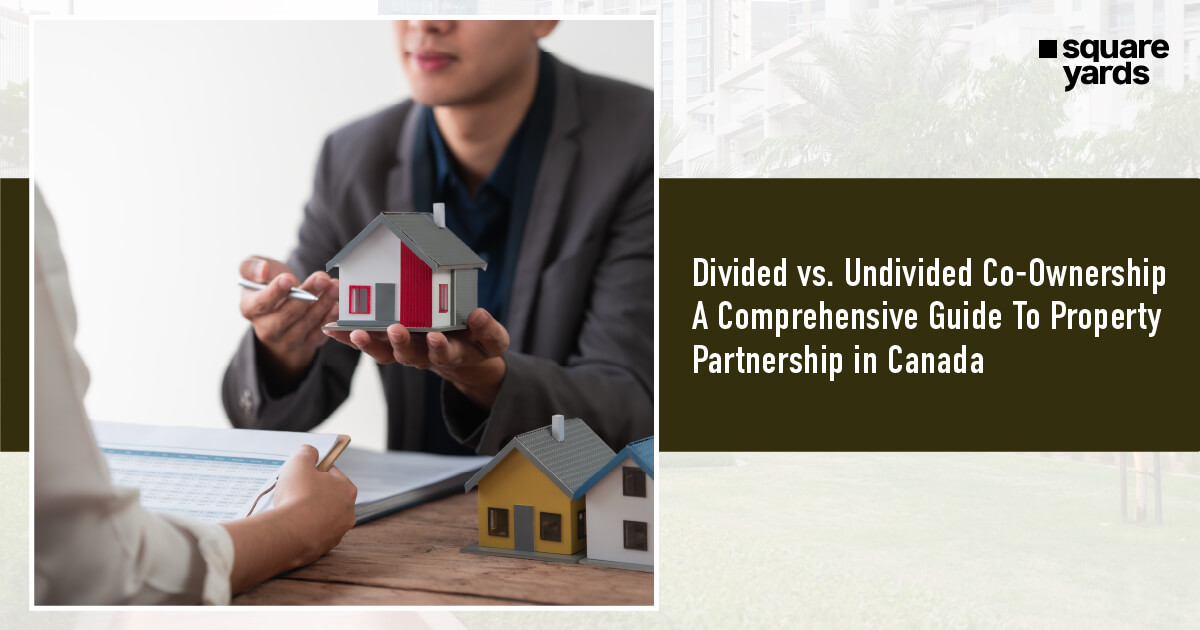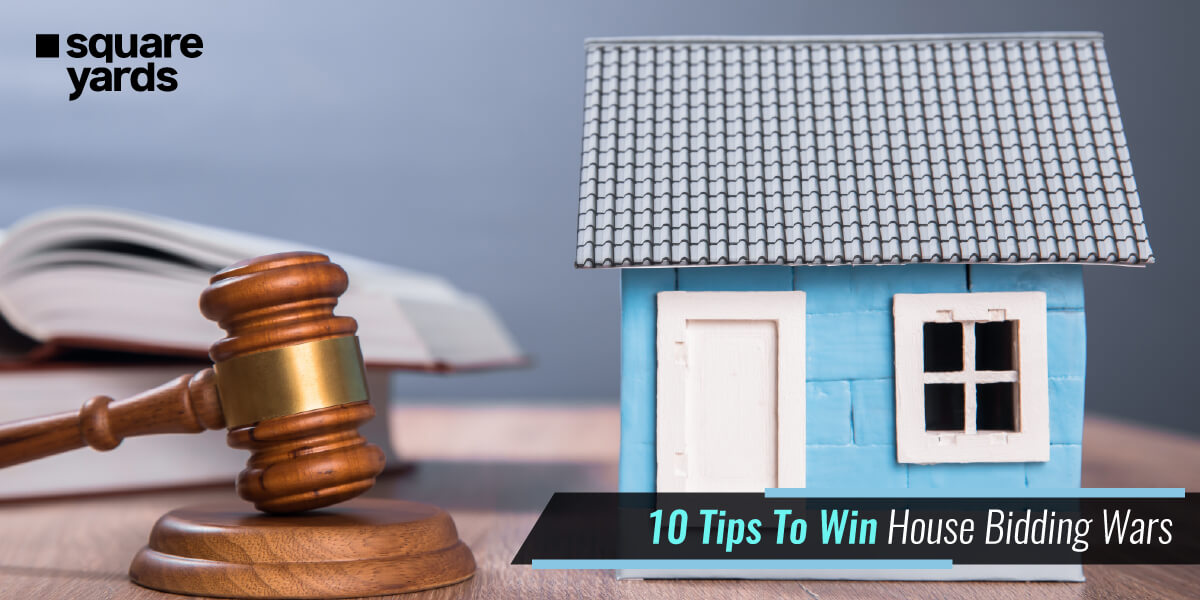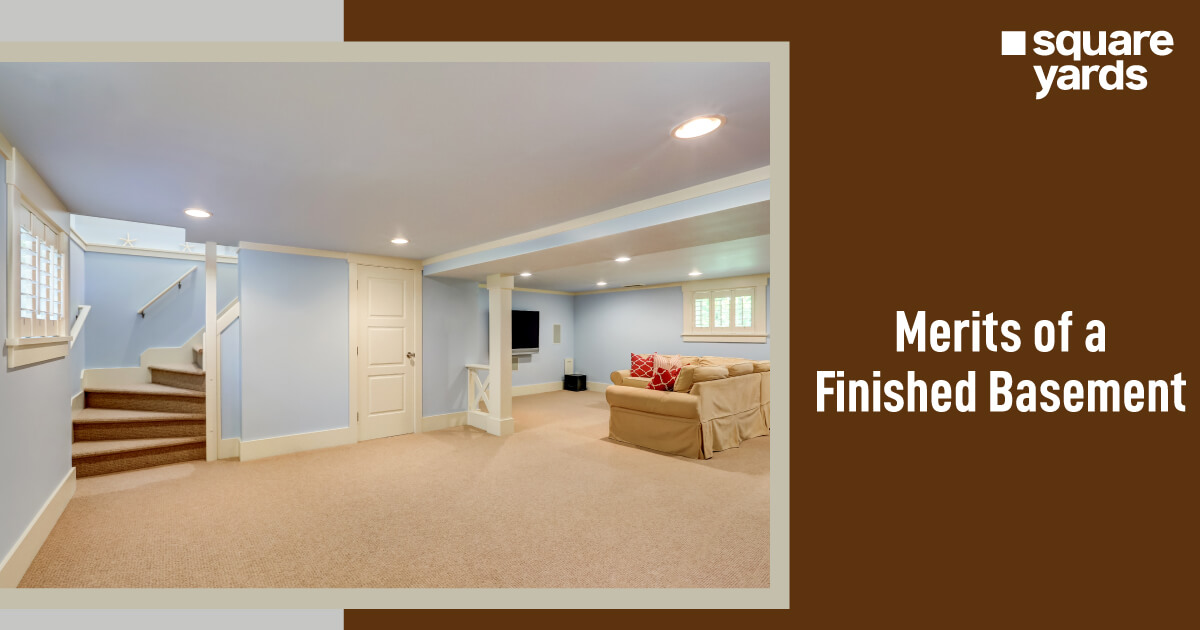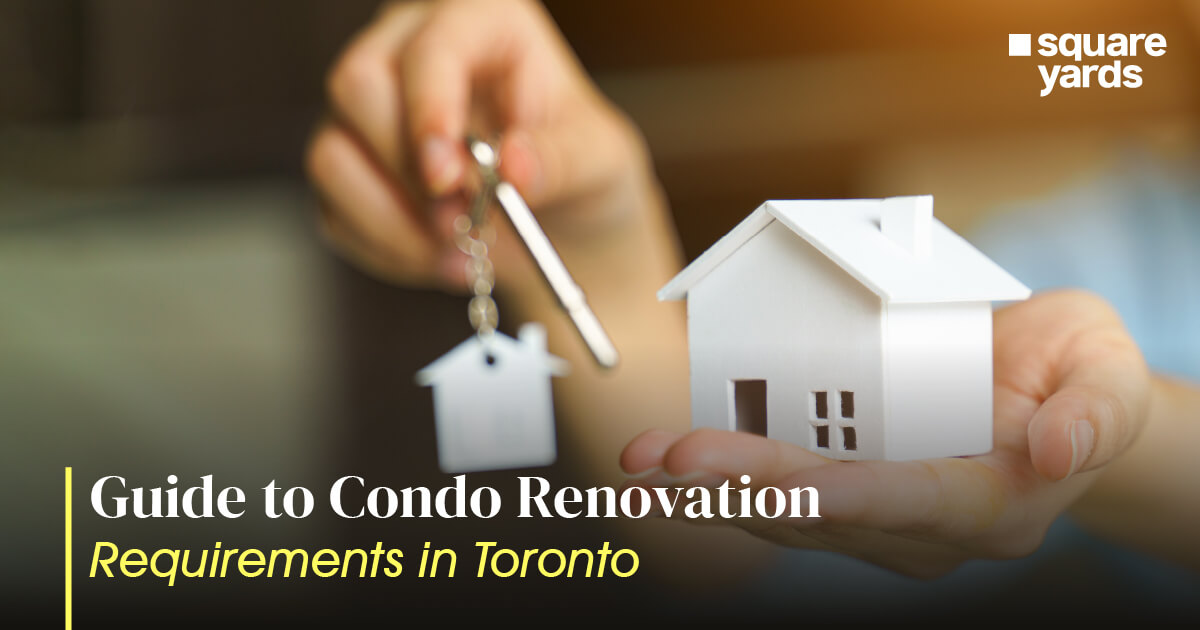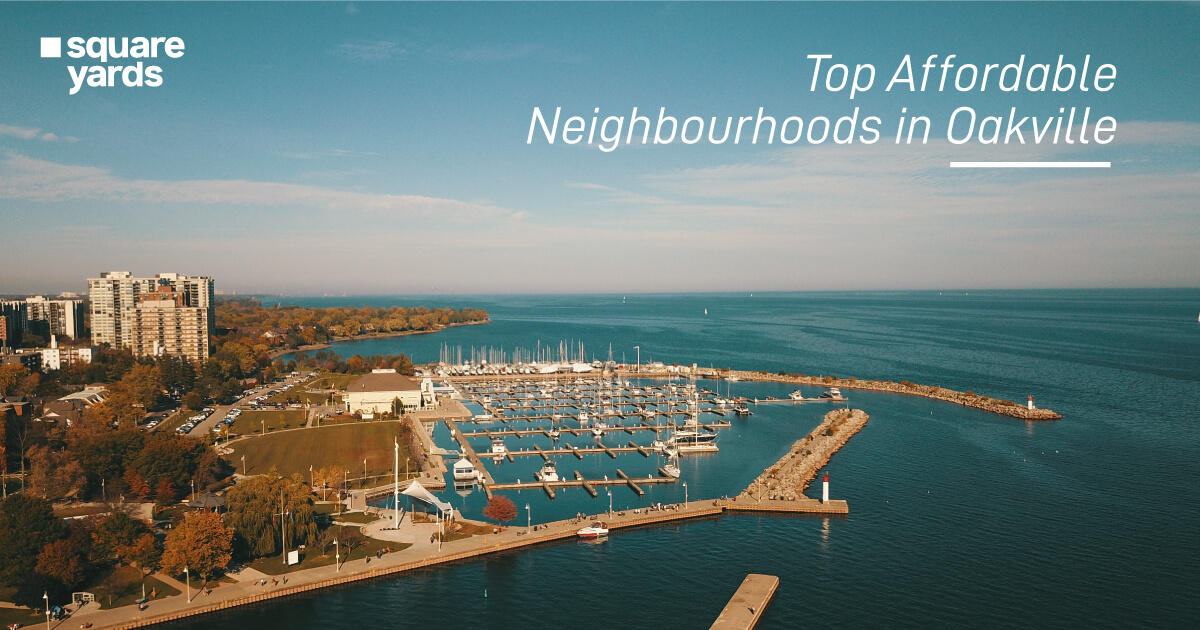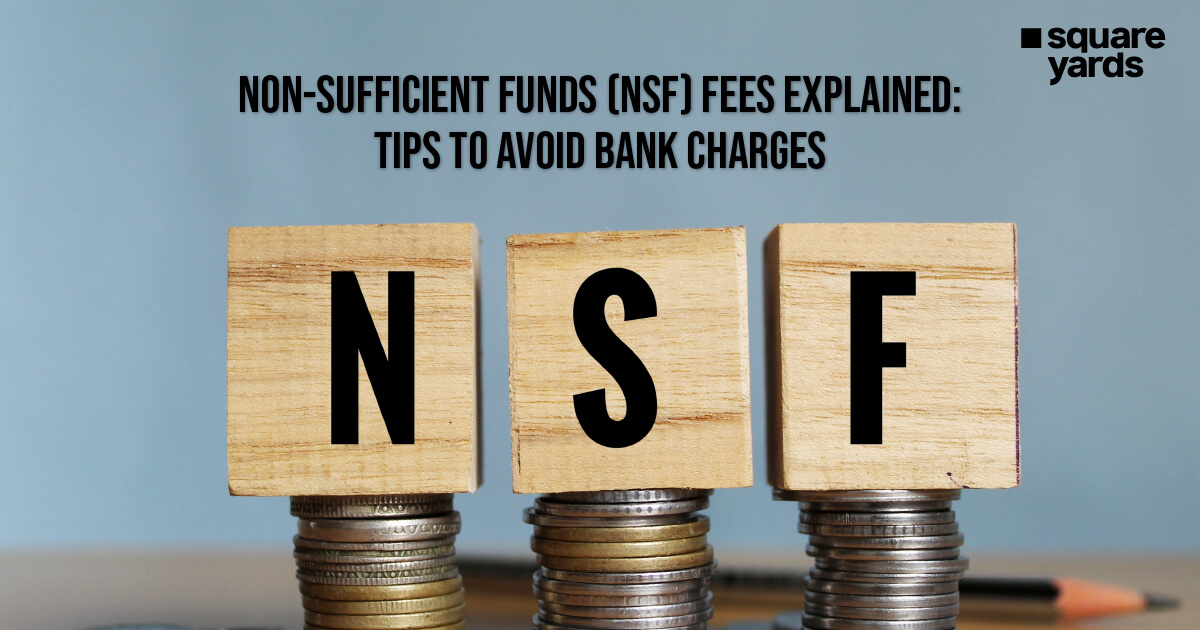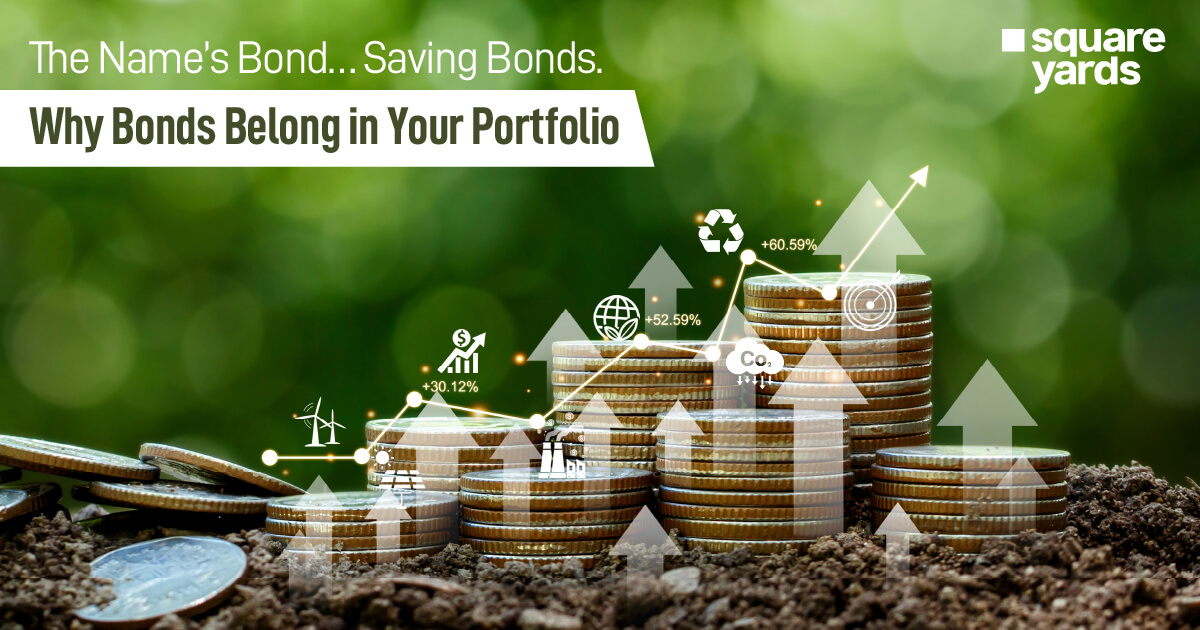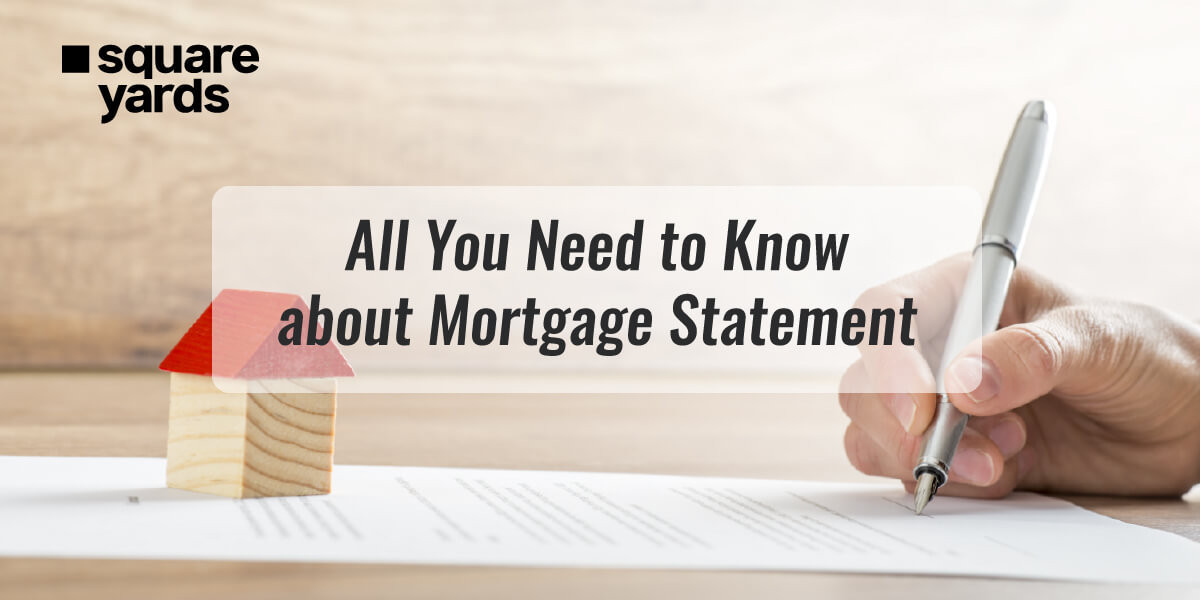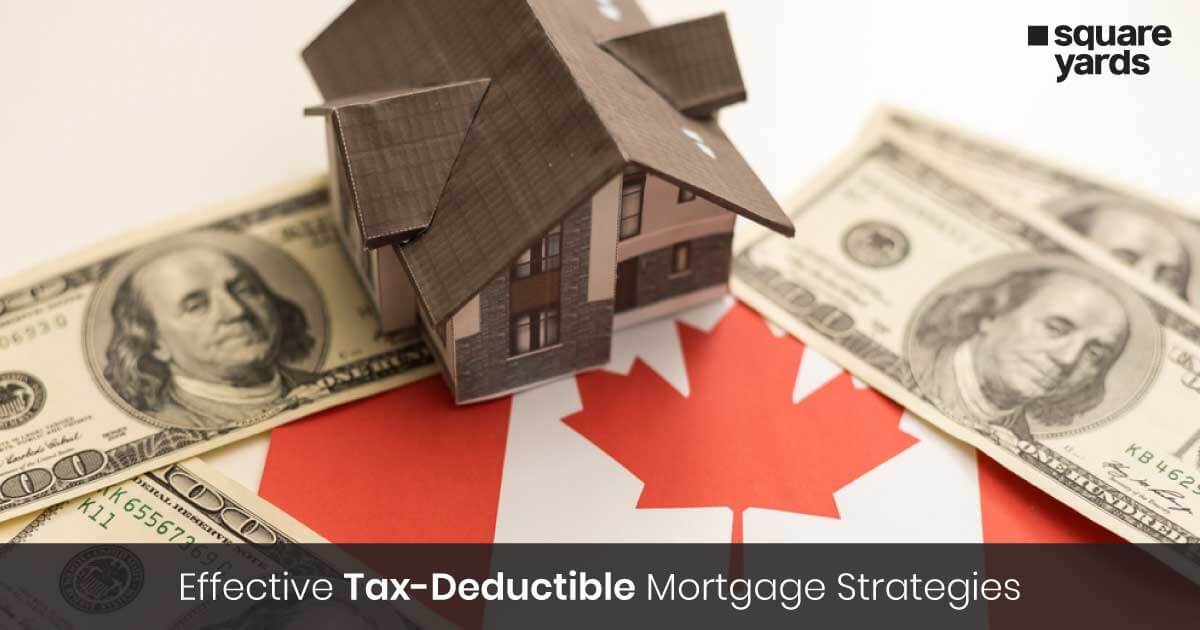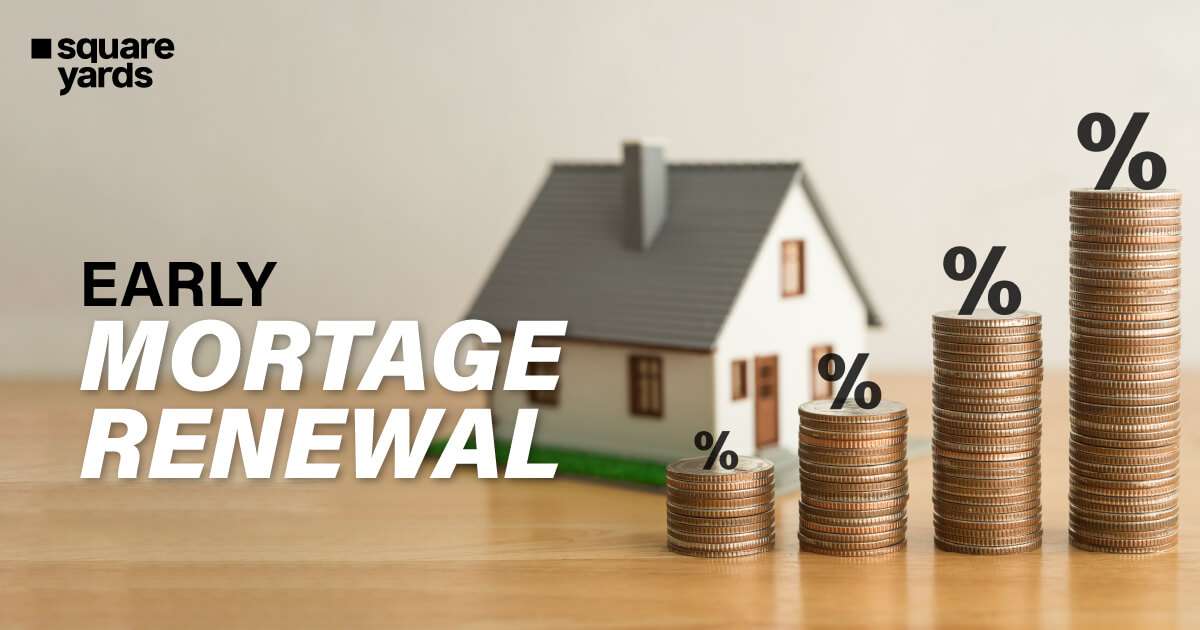The joy of home ownership knows no bounds, but it comes with a hefty price tag. In the pursuit of home ownership, individuals seek more feasible and affordable solutions. Regarding home ownership in Canada, ‘Freehold’ and ‘Condominium’ ownership are quite commonly mentioned. It is less known that another type of ownership exists, known as land leased ownership. This approach to land ownership gives individuals the opportunity to own a home without having to pay a heavy amount. But what exactly is lease ownership, and what are the things involved? This blog entails everything you need to know about leased land in Ontario, including its benefits and drawbacks.
What Do You Mean By Land Leased Ownership?
In simple terms, land leased ownership is when you own the housing unit, but you must pay a monthly rent to the landlord who is leasing the land. This is a more feasible option than a freehold as the land on which the dwelling is built is on lease and is not being purchased. Land leases are not typically seen on common listing platforms, but if you come across a comparatively cheaper property, it will likely be on a lease. Although they are more affordable than other kinds of ownership, land leases can be tricky. As a buyer, you must pay keen attention to the time associated with the lease and its clause on the surrender of structures.
How Do You Buy a House on Leased Land in Ontario?
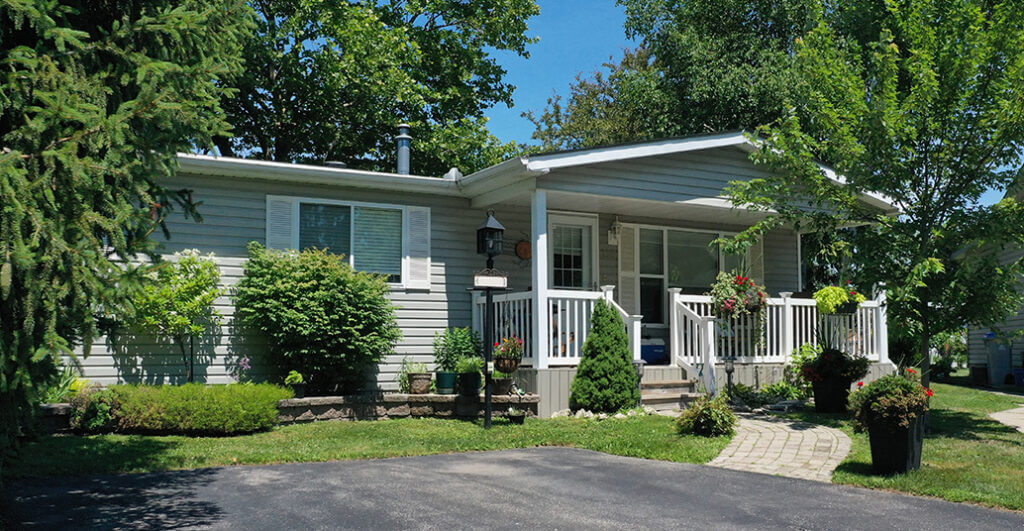
If you are looking forward to having an affordable home in Ontario, then land leased ownership is the right option for you. The Residential Tenancies Act applies to purchasing a house on leased land in Ontario. The duration of the lease is normally 20 years as per the Planning Act of Ontario, but it can be renewed towards the end of the lease, after which the lease is transferred to the following buyer of the unit when sold. In Ontario, several developers are creating retirement communities by developing land for leasing purposes throughout the city. In most cases, these communities are usually part of the Homeowners Association and the residents or owners of the dwelling unit have to pay their monthly rent to the association. Sometimes, the landlord offers certain amenities for the residents by charging some fees in the rent. Moreover, another form of land lease, known as mobile home parks, exists in which the landlord owns the land, but the individuals own the mobile homes. These are even more feasible and hassle-free as the houses are movable.
What Are The Types of Land For Lease?
In Canada, the concept of land for lease offers various options, serving multiple purposes and catering to the diverse needs of the population. If you are looking for a land lease in Canada, it is crucial to understand the regulations of the following types of leases.
-
- Residential Land Leases: This is the most common type of land for lease, in which the land is used for residential homes only. Such land is popular in communities where amenities and maintenance are included.
- Agricultural Land Leases: Keeping an eye on Canada’s expansive agricultural sector, land for lease is widely used for agricultural purposes to support cultivation activities and the rearing of livestock.
- Commercial Land Leases: These types of land leased ownership support businesses looking to establish retail outlets, office spaces, or other commercial ventures without purchasing a property. They are crucial for the economy and provide business growth and development flexibility.
- Recreational Land Leases: Considering Canada’s immense geographical landscape, recreational land for lease is usually in demand. Companies or individuals use such lands for tourism and leisure activities, including camping, hiking, and skiing.
- Industrial Land Leases: Industrial Land leases come to the rescue when it is time to support Canada’s industrial sector. This land for lease offers a solution to businesses, small manufacturers, or large corporations that require space for manufacturing, warehousing or logistics processes.
- Conservation Land Leases: Such leases mostly involve a partnership between the government and non-governmental organisations, who work together to manage land for lease to preserve wildlife habitats, natural resources, and biodiversity.
- Energy and Resource Development Leases: These land leased ownership are mostly regulated by the provincial and federal government to promote sustainable development by exploring these lands for the development of natural resources, which includes oil, gas, minerals and timber.
- Crown Land Leases: Crown Land leashes, usually owned by the federal or provincial governments, are portions of land leashed under a particular set of conditions by the governing authorities for commercial, agricultural, recreational, and other conservative activities.
- First Nations Land Leases: These land for lease are specifically for Canada, involving lands owned by First Nations, which are leased for various purposes, including economic development and housing, respecting the sovereignty rights of the nation.
What Are The Pros And Cons of Land Leased Houses?
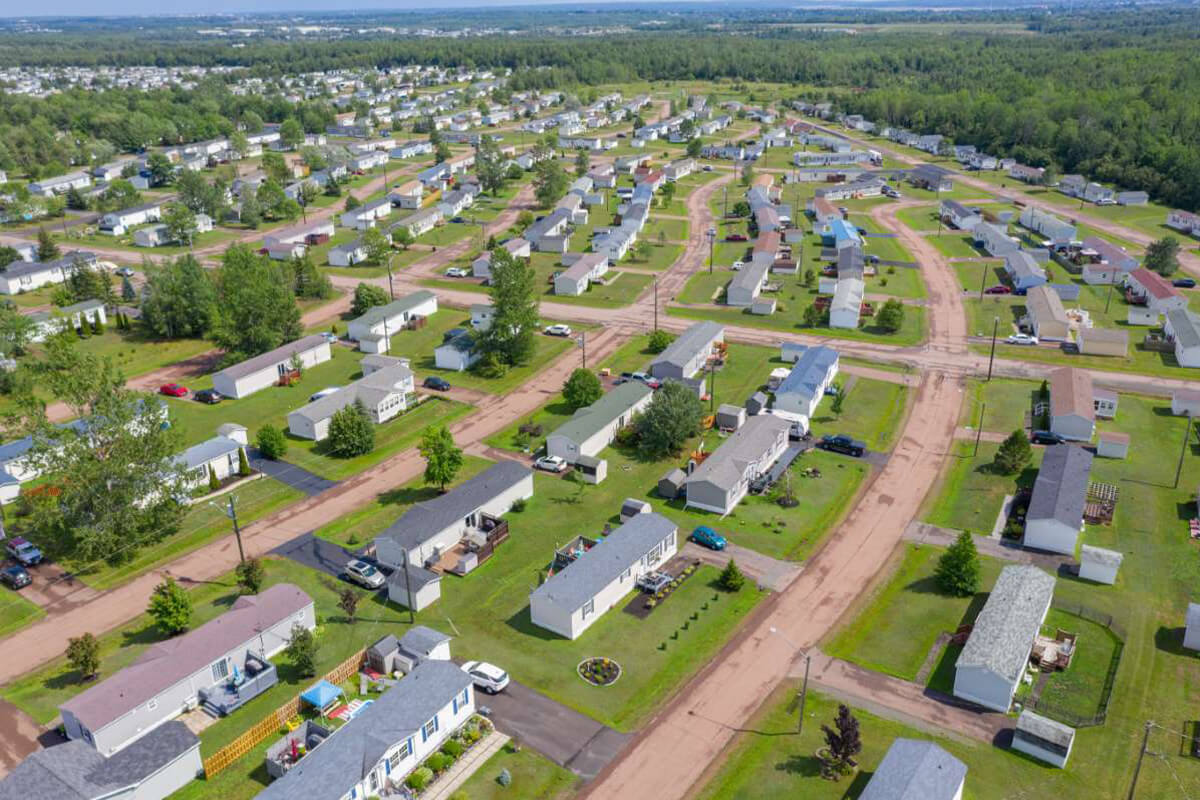
Although land leased housing offers a unique opportunity for home ownership without paying a hefty amount, it has its own advantages and disadvantages. An in-depth understanding of these can assist you in making informed decisions regarding the land lease ownership.
|
Pros of Land Leased Houses |
Cons of Land Leased Houses |
|
It is a more affordable option because you are typically not purchasing the land. |
Higher living costs are likely in the future due to the increase in land rent, as per the lease agreement. |
|
Leased ownership offers flexibility in terms of location. You can choose an area that would be comparatively expensive if you were to buy the land outright. |
There is no guarantee of lease renewal after the end of the lease term, which poses a risk to your long-term living situation. |
|
Various amenities are offered without the responsibility for maintenance, the charges of which are included in the rent. |
Obtaining favourable financing for lease homes from lenders can take time due to added risks. |
|
The property taxes are lower since you don’t own the land, and the landowner is responsible for paying the taxes on the land. |
Selling a home on lease is difficult because buyers are hesitant owing to the lease terms and potential rent increase. |
|
It reduces the homeowner’s burden since the land maintenance is included in the land lease agreements. |
The appreciation value of the land benefits only the landowner since you do not own the land. |
Which is Better, Land Leased or Renting?
Deciding between land leased housing and renting depends on your financial situation, lifestyle preferences and goals since both are quite similar. Through land leasing, you can own a home without paying for the cost of land and still have the chance to personalise your dwelling, which can yield a profit when you decide to sell it off. However, this is associated with certain restrictions on the usage of the land and potential challenges of securing financing or selling off the home due to the lease nature of the land. Contrarily, you can get more flexibility in renting with easier relocation options within shorter lease terms. The hassle of maintenance is reduced, lowering the cost compared to land leasing, but there are restrictions on personalising the space. Moreover, this contributes less to personal equity since the rent can increase with time.
What Are The Other Types of Land For Lease in Ontario?
In addition to the land for lease mentioned above, Ontario offers different types of land lease to cater to the diverse demands of the people, which are discussed below:
Cottage on Leased Land
Consider purchasing a cottage built on land leased from the First Nations, as it will be a more feasible option considering the lower price bracket compared to owning a traditional cottage fully. Moreover, you will have the opportunity to get a pocket-friendly home at the location of your choice. For instance, you can get a lake-facing property by paying comparatively lower lease fees. However, it must be noted that certain restrictions are associated with the ownership of the cottage. Moreover, in addition to the lease fees, you have to pay the fees for additional services, such as garbage collection fees. You might also need help obtaining financing due to the nature of the lease on the land.
Crown Leased Land in Ontario
Most of the crown land in Ontario is managed by the Ministry of Northern Development, Mines, Natural Resources and Forestry. Crown Land can be sold or rented under policies that recognise the importance of Ontario’s socio-economic benefits. Crown land leased for residential development is limited to municipal boundaries only. The annual rent of a crown land lease is based on the land’s market value. You should note the following points if you plan to lease crown land:
-
- The typical duration of a lease is twenty years, although it may be possible to negotiate a longer term.
- The project being proposed must substantially improve the land.
- The planned use of the land must not result in any potential environmental or financial obligations.
- There is the possibility of using this land as collateral.
- The right to transfer and renew may be granted with ministry approval.
- It is necessary to conduct a land survey before leasing the land.
Farmland Leased in Ontario
In Ontario, it is allowed to lease farmland apart from residential purposes. This is a widely popular practice in rural Ontario as leasing requires less capital investment than buying land. This is a great opportunity for novice farmers who want to understand the farming business before investing in land. Farmers can spend more on seeds, fertilisers, and equipment by leasing instead of purchasing land. There are three main leases available:
-
- Cash Rental Lease – The tenant pays the landlord a predetermined amount of rent annually.
- Crop Share Lease – The profit and risk from crop sales are shared between tenant and landlord.
- Flexible Cash Rent Lease – The tenant pays rent to the landlord based on the yield and price of grain for that year while keeping the entire amount from the sale of crops.
Before leasing farmland, it is strongly recommended to seek advice from a tax accountant to understand the tax implications that may arise for both the tenant and the landlord.
In Conclusion
Ontario presents a diverse option for land leases, ranging from residential to commercial. Land for lease in Ontario makes land ownership more attainable for you. Still, it is essential from your end to seek professional advice considering the terms and conditions, the associated potential drawbacks, and their alignment with your plans.
You May Also Read
|
Know The Canadian Land Transfer Tax |
|
|
All About Average Pension in Canada |
|
|
Guide To land transfer tax Ontario |
|
|
Tips For Buying Land in Ontario |
|
|
Apply For Vacant Land Mortgage |
Frequently Asked Questions (FAQs)
Yes, leased land can be sold. Once sold, the lease terms are usually transferred to the new owner.
A land lease is an agreement in which the landlord leases the land for a specific period under certain conditions to a lessee, who pays a monthly rent.
The owner of the leased land is known as the lessor. He remains the sole legal owner of the leased land throughout the agreement.
When the lease expires, multiple scenarios come into play, such as renewal of the lease, termination of the lease or even purchase option of the land, depending on the mutual agreement of both parties. Can leased land be sold?
What is the meaning of a land lease?
Who is the owner of the leased land?
What happens when the land lease expires?

